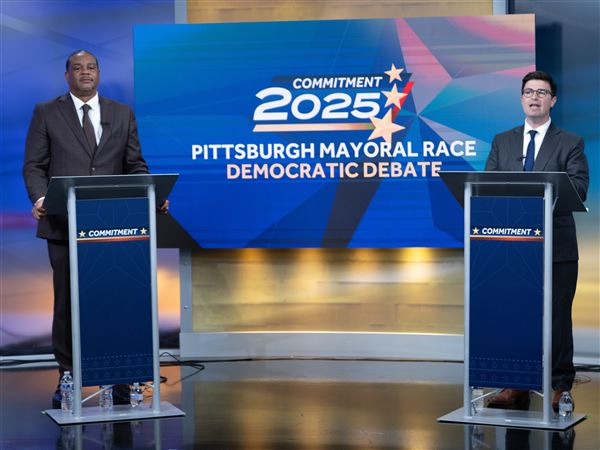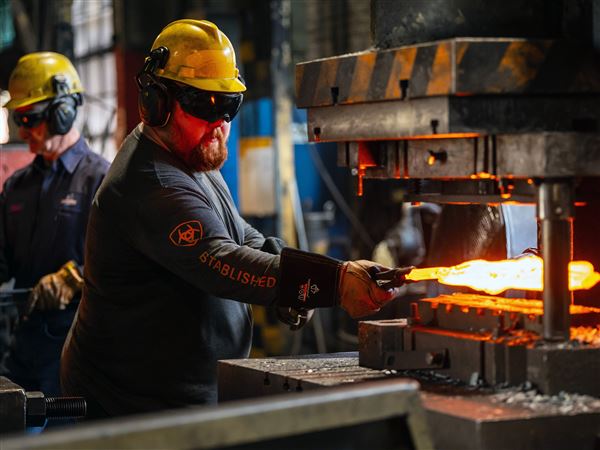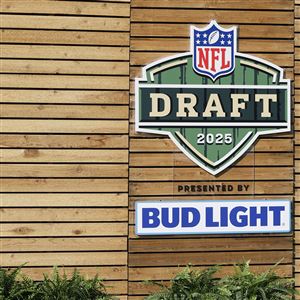In a new nationwide report released Wednesday, Pennsylvania earned a failing grade for its tobacco control measures, including preventing e-cigarette use and secondhand smoke.
In recent years, state lawmakers have taken steps to reduce tobacco use, like raising the age for buying cigarettes from 18 to 21 in 2019 and maintaining funding levels for tobacco control programs. But the American Lung Association, which issued the report, says Pennsylvania could be doing more to curb tobacco use, especially among young people.
“The biggest challenge we have here is e-cigarette use among the younger population,” said Molly Pisciottano, advocacy director of the American Lung Association of Pennsylvania, which is based in Pittsburgh. “The tobacco industry is specifically marketing to youth with flavored e-cigarettes and getting them hooked on these products so that they become the next generation of tobacco users.”
About 16% of adults and nearly 7% of high school students in Pennsylvania smoke combustible cigarettes, according to the report. But a startling 27% of high school students use some sort of tobacco product, including e-cigarettes and chewable tobacco.
According to the 2021 National Youth Tobacco Survey, more than 2 million high school and middle school students across the country use e-cigarettes, and over 80% of those kids use flavored e-cigarettes. In Black communities, menthol cigarettes continue to be the major cause of tobacco-related death and disease, with nearly 81% of Black Americans who smoke using them.
While other states have enacted laws to restrict flavored tobacco products, Pennsylvania has no such regulations.
In 2020, the Food and Drug Administration banned fruit- and dessert-flavored e-cigarette cartridges like Juul, but a loophole means that “open” vape systems and many disposable products are still sold in stores. The ban doesn’t apply to menthol and tobacco-flavored products.
Ms. Pisciottano said Pennsylvania’s Clean Indoor Air Act is also in desperate need of an update. The law was passed in 2008 before e-cigarettes became popular. In Pennsylvania, the only local vaping ban is in Philadelphia, where e-cigarettes are prohibited in all enclosed workplaces and restaurants.
The law also allows smoking in casinos while prohibiting it in almost all other workplaces and public places, including schools, restaurants, and on public transportation.
“There are still a lot of loopholes that allow smoking in public places, exposing workers and patrons to the dangers of secondhand smoke,” Ms. Pisciottano said.
After being closed initially during the COVID-19 pandemic, many casinos across the country re-opened with no smoking allowed. Currently, 20 states and a growing number of cities regulate casinos as smoke-free. But in Pennsylvania, smoking returned to casinos in June 2020 after a temporary smoking ban issued by the Gaming Control Board expired.
Across the state, $6.8 billion in health care costs and 22,010 deaths are associated with smoking, according to the report.
Emily Mullin: emullin@post-gazette.com
First Published: January 26, 2022, 11:00 a.m.
Updated: January 26, 2022, 1:00 p.m.

















